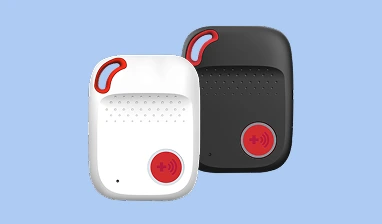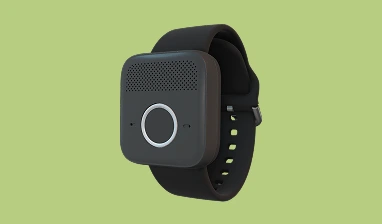Thanks to awareness and earlier testing, adults are getting diagnosed with dementia earlier in the disease process. While any diagnosis of dementia is devastating for the person and their family members, having the diagnosis early on can help the person and their family members begin to forecast the future and plan ahead for finances, health care, and living situations.
If your loved one has been diagnosed with dementia, it can be difficult to know what comes next. While everyone is different and every family situation is unique, there are some things you can expect to happen as the disease progresses.
Grief, Sadness, and More
It is common to experience a variety of emotions after the diagnosis, and for weeks, months, and years afterward. As a family member, you might be feeling scared, sad, and worried. You might also be a little bit relieved to finally understand what is going on with your loved one.
Your loved one will also be feeling a variety of emotions, especially if diagnosed early. They will also be feeling sad, scared, and worried. They might also feel that sense of relief now that the diagnosis explains what has been happening for months or years.
Both of you might also feel an overwhelming urge to connect in new ways with one another. Your loved one might want to begin to journal or write down their legacy while they are still able to. You might want to compile a list of things you want to do together to create meaningful memories.
Embrace all of it. In addition, consider a support group for your loved one with other adults diagnosed in the early stage of the disease. You can also benefit from a caregiver support group, and both of you could benefit from therapy sessions to work through your emotions with a therapist who has experience working with adults living with dementia.
Safety Concerns
Dementia is a progressive condition that affects more than just memory; it affects judgment, critical thinking, and other executive functions that can quickly cause serious safety concerns for someone living at home alone or with a partner. As you begin to plan for the future, understand that safety should always be at the top of your mind and that what kept your loved one safe today might not keep them safe in a few weeks, as challenges shift as the disease progresses.
Here are just a few safety concerns that can pop up during the disease process:
- Vulnerability to financial scams. Ensure you have a way to monitor your loved one’s financial accounts and that you are keeping tabs on their online use.
- Wandering or getting lost. If your loved one still uses a smartphone and keeps it on hand, a quick download of an app like Life360 can help you to know where they are any time you open the app. You can also find medical alert devices that offer a GPS feature so that you can know where your loved one is in case they call you confused or lost.
- 1 in 4 seniors fall annually, and falls can lead to emergency room visits, broken bones, and even death. Adults living with dementia can be more vulnerable to falls as they might be tired from pacing due to anxiety, or they might forget to use their prescribed mobility devices.
- Accidents, such as burning themselves with too-hot water in the shower or leaving a pot of boiling water on the stove. You can modify their home to avoid these types of accidents.
Quality of Life
No matter what stage of dementia your loved one is in, they deserve the highest quality of life possible. This might mean that you work with their physician to find a way for them to enjoy ice cream a few times per week even if they have a diabetes diagnosis or that you find a way for them to maintain their garden even if they can’t safely walk down the stairs to their plot in the backyard.
Maintaining quality of life means you might have to get creative! But, focus on putting what is important to your loved one now at the front of your decisions while still helping them maintain safety.
Especially early on in the disease, get your loved one involved with planning for what quality of life looks like to them. The more you can get your loved one involved with future planning, the more empowered they will feel during this difficult time.
Review the Budget
Dementia care can get expensive quickly. Make it a practice to not only become familiar with your loved one’s budget, but to also sit down and forecast any expenses that might come up in the future. Work with a financial planner if possible so that you can determine if/when you need to apply for Medicaid or other benefits in order to pay for home care, senior living, and other expenses.
Forming a Team
Finally, you need a team surrounding you as you care and advocate for your loved one. Rally your family members and friends, giving them specific tasks they can help you with. Could your next-door neighbor take care of school pick-ups for a few weeks so that you can take your mom to appointments? Could your sister be in charge of paying your mom’s bills so that you can focus on her health care?
In addition to family and friends, begin to build a team of medical professionals that you trust. Your loved one will have their primary care physician, and you might also add a physical and occupational therapist, pharmacist, and neurologist to the team. Keep the team updated on any changes to cognitive or physical health. Keep their contact information in your phone.
Remember, dementia features new challenges throughout the disease. Give yourself and others around you grace while you work together to figure out a solution for today and a plan for tomorrow.

















